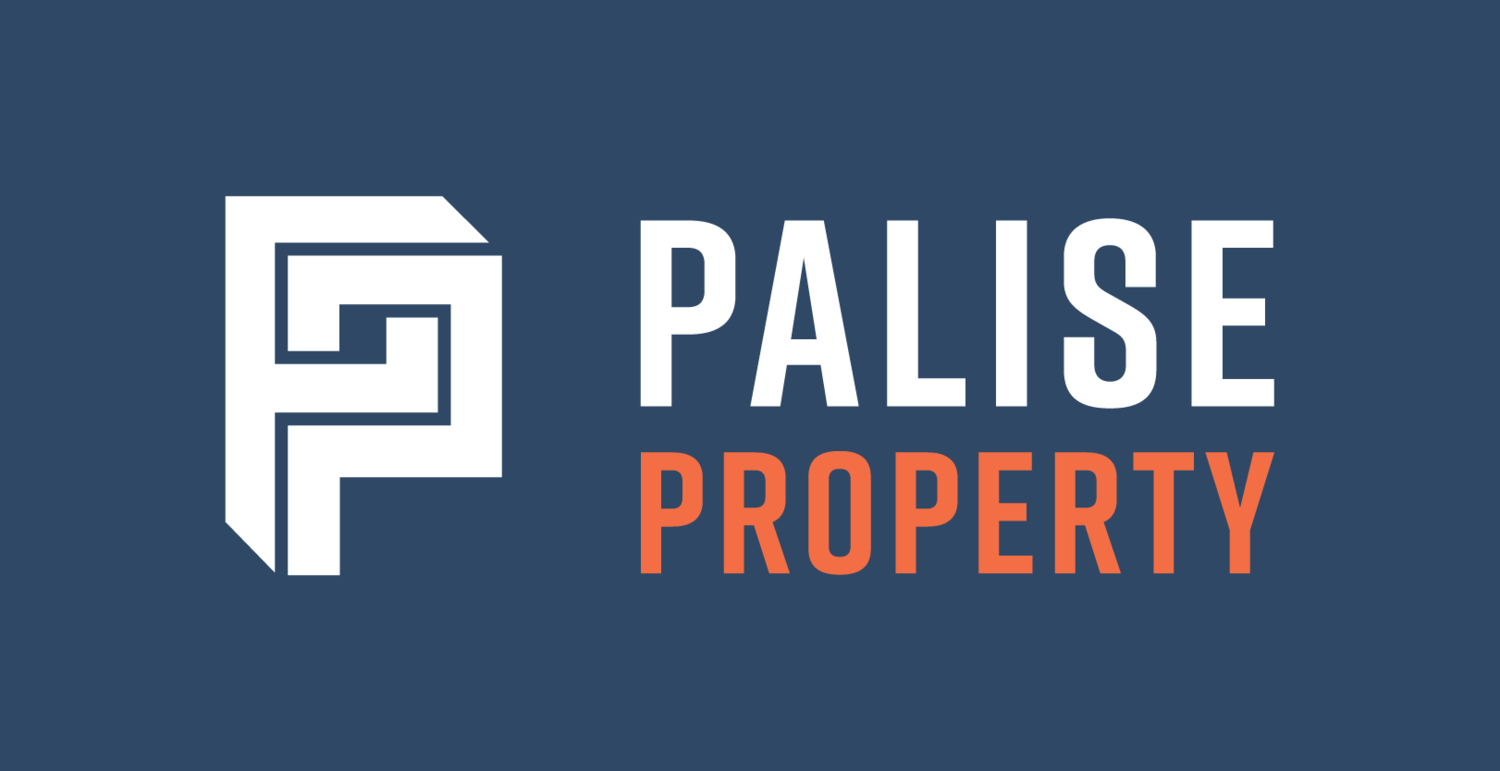Self-Management vs. Using a Property Manager
Owning and managing properties requires a significant investment of time, careful attention to detail, and adept conflict-resolution abilities.
Before venturing into property management, ask yourself: are you equipped to handle these demands?
Many property owners manage their properties independently, aiming to save money and exert more control over their investments. However, if not executed effectively, self-management can become costly in money, time, and mental well-being.
If you find yourself overwhelmed, consider bringing a professional property manager on board. This decision could be a game-changer, ensuring smooth operations without you being spread too thin.
Selecting a Property Manager
The right property manager can be the difference between a property that is tenanted long-term and a vacant one.
Look for a property manager who sees his or her job as about relationship building, not just completing transactions. Their focus should be on increasing the value of your asset while maintaining and increasing cash flow each year.
Finding a manager with experience in your property’s type, size, and location will give you a better outcome. Local knowledge is also extremely important; obviously, you need them to be close by to handle tenant issues.
The manager also needs to be up to date with modern, digital-based electronic resources and must digitise all hard copy media such as bills, maintenance invoices and cheques received.
One of the best ways to find a good manager is by referral from another commercial property investor. Many online commercial investor groups are now on social media, so asking for referrals has become relatively easy.
If possible, it’s always best to visit a potential property manager at their office to get a feel for their staff and their organisational skills. If everything’s untidy and there are mountains of files on every surface, it can be a sign that they’re overwhelmed.
Here are some questions you should ask them:
How long has the company been in business?
How long has your dedicated property manager been at the business and what’s their previous management experience?
How many residential and commercial properties does the business manage?
How many residential and commercial properties does your dedicated property manager manage?
Does your dedicated property manager have a personal assistant?
Is there a separate team for residential and commercial property?
How often are routine inspections carried out?
Could you give me some examples of other properties you manage in the area?
What’s the typical time to re-let a property similar to mine?
Could you give some examples?
How do you run your marketing campaigns?
What’s the procedure for tenant reviews?
What’s the procedure for collecting arrears?
Engaging a Property Manager
Once you appoint a property manager, they will send you the paperwork to authorise them to carry out management activities. Many property managers will let you sign the documents electronically, usually through DocuSign.
After this, depending on whether you previously managed the property yourself or you’re moving from another management service, you’ll need to obtain and provide or just provide the following to your new manager:
The lease agreements
Copies of current and outstanding invoices
The dates on which each tenant pays rent
How much any bonds are for, and where they’re held
Whether outgoings are paid on demand or allocated monthly, and the current amount
The settlement statement if you’ve just purchased
In contrast with residential properties, where the bond is in the property manager’s trust account, bonds for commercial properties can be held by the owner’s choosing, even in their own personal bank account. Many investors elect to hold them in their own account as it enables control and the funds can be invested.
The manager will then contact each of your tenants about future procedures. Ideally, your work is largely finished now, and you’ll have a ‘set and forget’ property.
Property Manager Costs
On average, a typical commercial property will take a couple of hours a month from the manager for invoicing and general management.
Most property-management charges are based on a percentage of the gross rent, calculated on a tiered approach. Managing a lower renting property requires the same amount of work as a higher one, so managers charge a higher percentage to earn the same money.
The fees can vary between 3.5% and 7% of the gross and are very much negotiable. However, if a tenant is paying $300,000 a year, the fee will be closer to 2%, whereas if you have a tenant paying only $30,000 a year, the owner will most likely pay closer to 7%. Most property managers expect to be paid $1,500 to $5,000 annually.
Their fees are tax-deductible to the owner, so overall, there is not much financial gain in taking on the management responsibilities yourself. In some cases, it’s drafted into the lease agreement that the tenant is responsible for paying the management fee as an outgoing.
Key Takeaways
In making your decision on property management, you should weigh the demands of self-management against the potential ease and expertise of hiring a professional.
Remember, while managing your property independently might give you more control, it can also take a toll on your time and well-being.
If you're considering easing that burden, choosing the right property manager can be a transformative step towards maximising your investment's potential while providing you peace of mind.
To take your education to the next level, you can check out our best-selling commercial property investing book or get in touch with our team for advice tailored to your individual needs.
